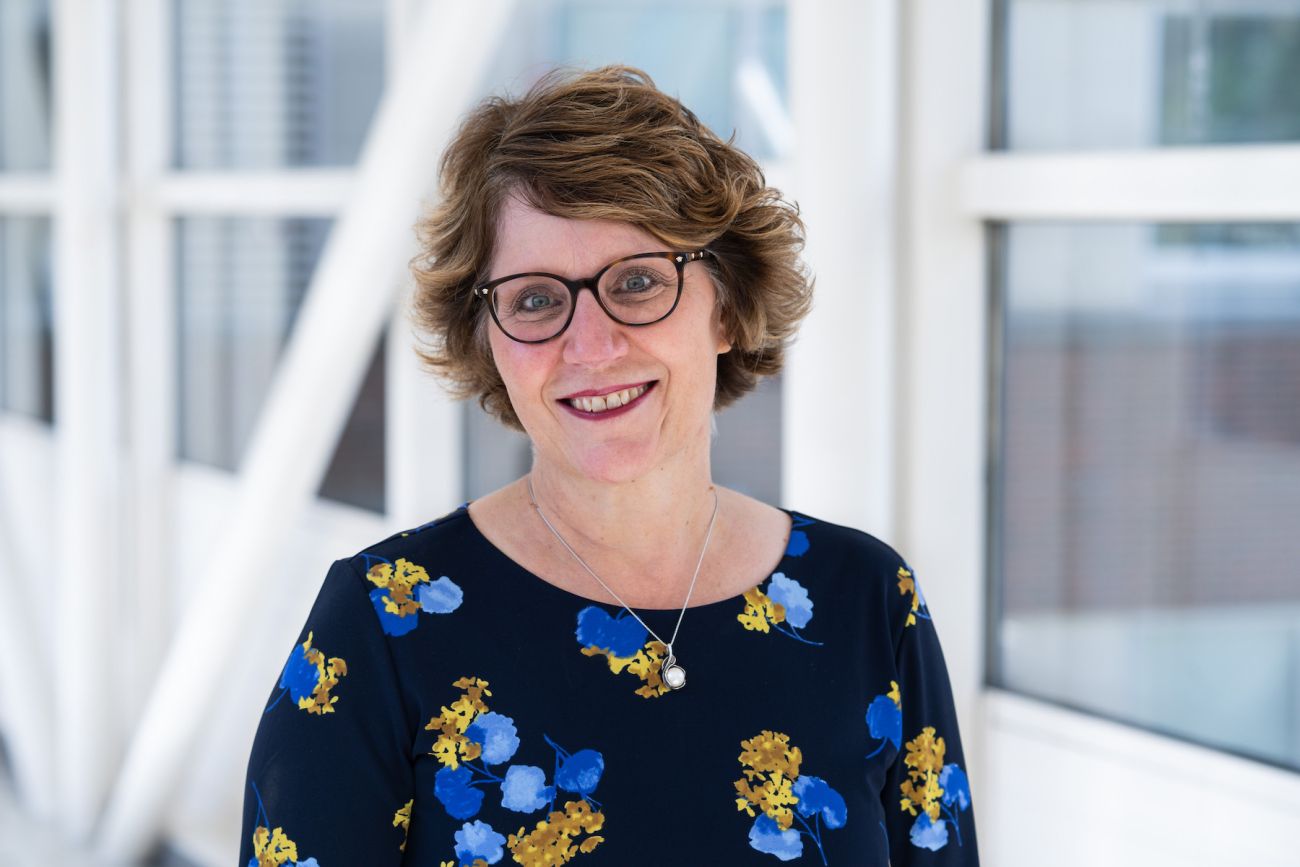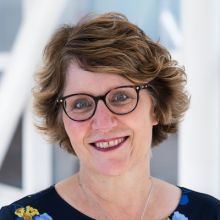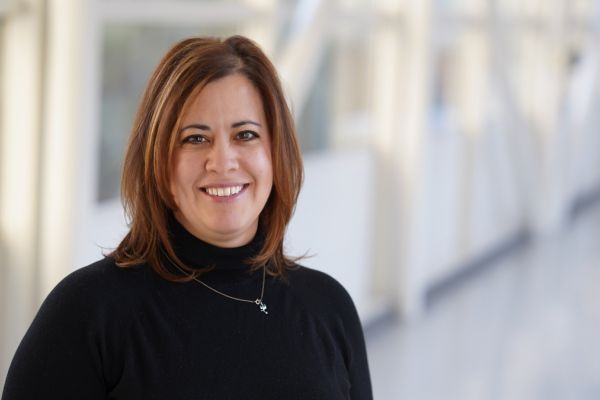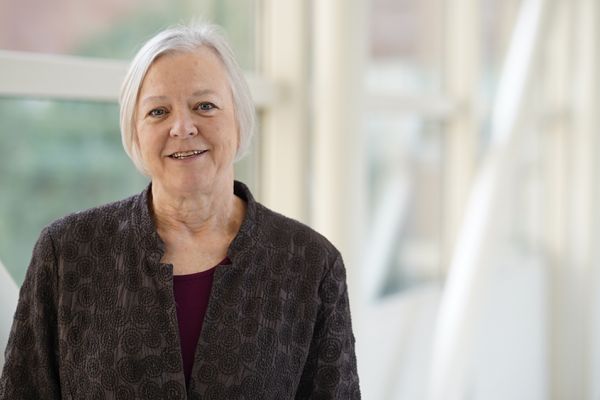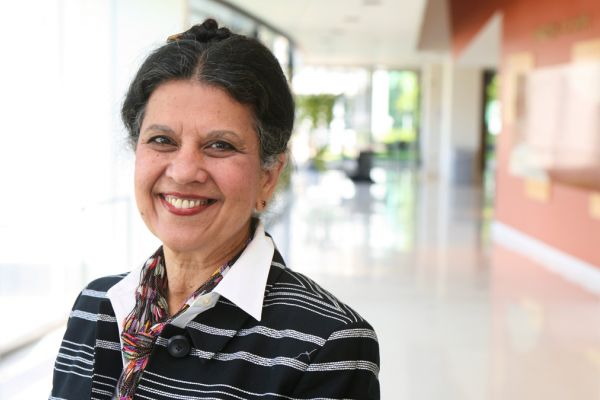From “Quincy” to Cancer Research, Scientist Fuels a Passion for Mysteries
In 2019, Pamela Hershberger, PhD, came upon a stunningly significant finding in her research lab. Dr. Hershberger, Associate Professor of Oncology in Roswell Park’s Department of Pharmacology and Therapeutics, says she and her team had been “studying patients with a particular type of lung cancer — EGFR mutant lung cancer — and their response to a specific class of drugs called EGFR tyrosine kinase inhibitors. The drugs were proving very effective in killing cancer cells, but typically lost their effectiveness after about a year.
“In searching for a way to extend the efficacy of these cancer drugs, we came upon a remarkable discovery: Patients with higher vitamin D levels continued to respond better and for a significantly longer time with the medications, compared to patients with lower or deficient levels of Vitamin D. It was a very exciting moment, seeing that it might be possible to extend responses with an easy-to-use, inexpensive vitamin.”
Solving challenges and mysteries has always been a passion for Dr. Hershberger. “As a kid, I loved watching television shows about forensic pathologists, like ‘Quincy,’ and I was constantly reading detective stories. Solving mysteries became a career passion early on in my work. Once I was in a clinical academic setting in the lab, there was no turning back for me,” she recalls.
Dr. Hershberger’s path to Roswell Park followed a postdoctoral fellowship in the Department of Surgery at the University of Pittsburgh, a postdoctoral fellowship at the Institute for Molecular Virology at the University of Wisconsin-Madison, and PhD training in the Department of Biochemistry, Case Western Reserve University, in Cleveland, Ohio.
Vitamin D Research at Roswell Park
“I was very attracted to the vitamin D research being done here at Roswell,” says Dr. Hershberger. “At the time I was recruited, Roswell Park was already doing the most advanced Vitamin D research in the country. Low levels are a persistent problem, certainly in this part of the world. Nearly half the patients who show up in our clinics have insufficient levels of vitamin D.”
Although they are still in the preclinical stages, her team’s studies supporting the ability of vitamin D to enhance therapy and extend survival rates continue to progress and recently resulted in new funding from the National Institutes of Health.
The life of a research scientist continues to offer Dr. Hershberger ongoing opportunities to solve problems. “When I get a new piece of research data, it’s incredibly exciting, because for a couple of seconds you might be the only person in the world who knows that piece of information,” she says. “This work is about finding clues, connecting clues, discovering new information and expanding the horizons of what we understand, and it’s very rewarding.”
Never miss another Cancer Talk blog!
Sign up to receive our monthly Cancer Talk e-newsletter.
Sign up!Work / Life Balance with a Baby and a Cancer Diagnosis
She admits that finding and keeping a work / life balance can be challenging. “At every single point along my career, I’ve had to make decisions about what I thought was right for me and my family. At age 29, shortly after I finished my PhD and went to the University of Wisconsin to start my postdoctoral training, I had just had a baby and was diagnosed with breast cancer. It was the support of colleagues and family that helped me keep following my passion for knowledge.
“For most of my career, I’ve worked six to seven days a week, which meant that I was at the lab a lot of weekends when my child was little. You’re always going to struggle with finding that right balance, and I’ve learned that working collaboratively helps. Building a network of collaborators whom you respect and have common research interests with is an important part of long-term success.”
Dr. Hershberger credits Roswell Park with providing new opportunities that have pushed her beyond her comfort zone. “I’ve been more involved in education than I ever anticipated, have had tremendous interaction with our graduate students, and have enjoyed launching and running our integrative cancer sciences course for graduate students, which has given me more satisfaction than I could have imagined.
“You have to be willing to take chances. I like the challenge of figuring out ‘who did it,’ and I think research is a lot like that. You get to piece together clues from different places, follow a story to see if you’re on the right track and make a right turn when you get some new evidence.”
